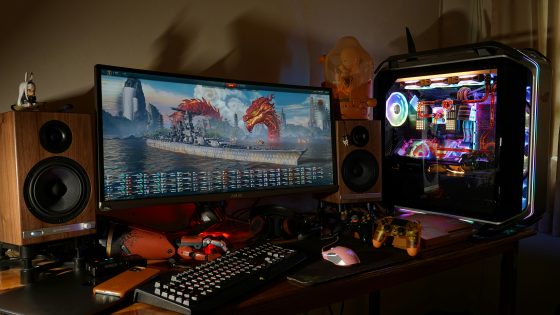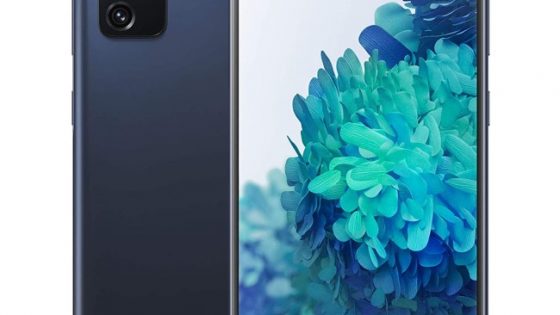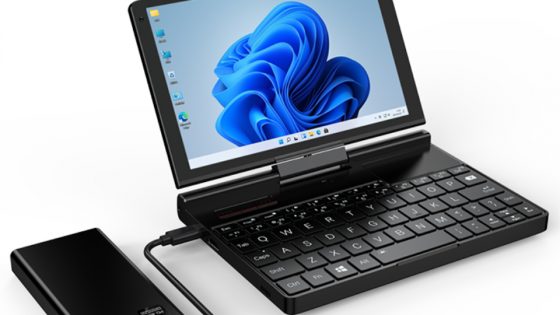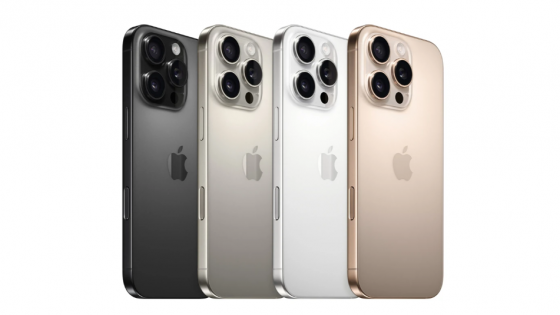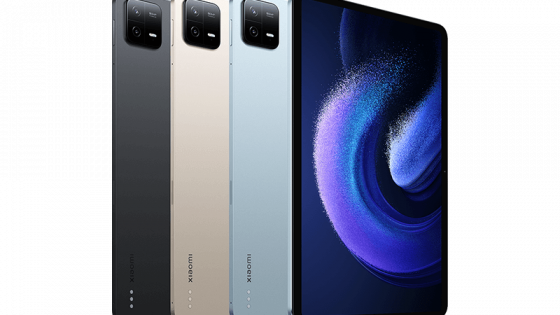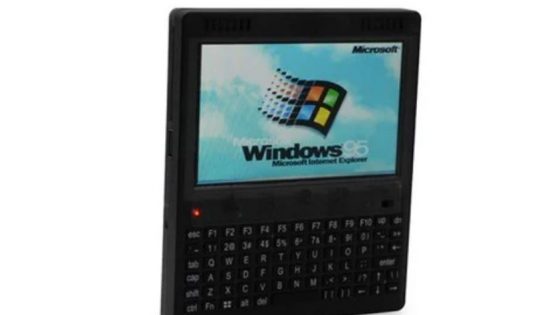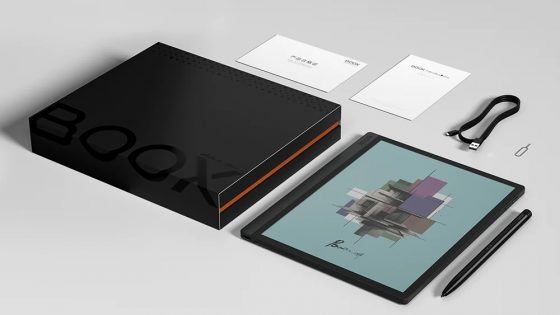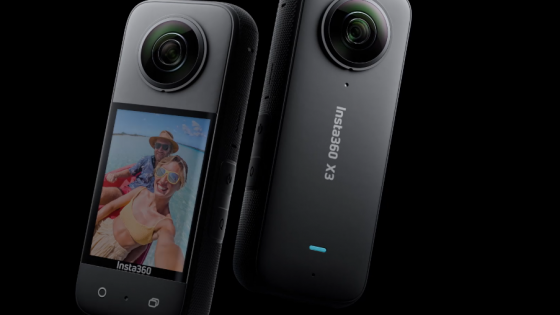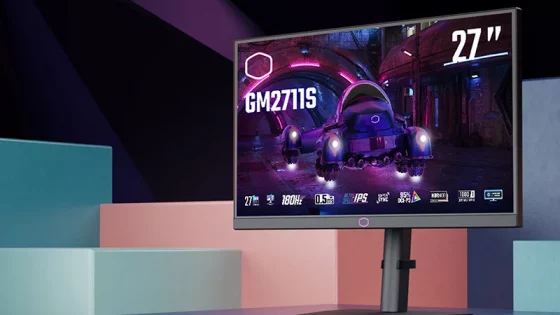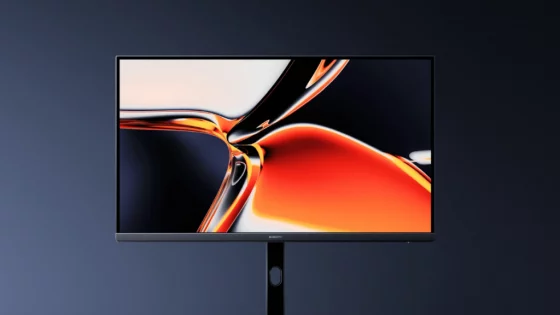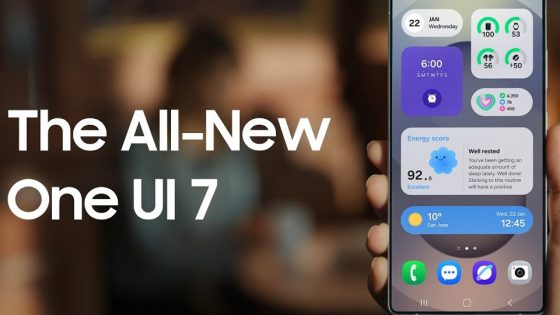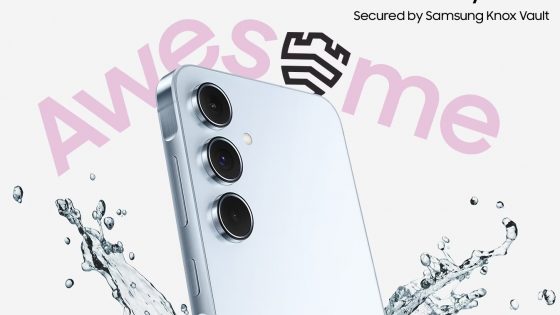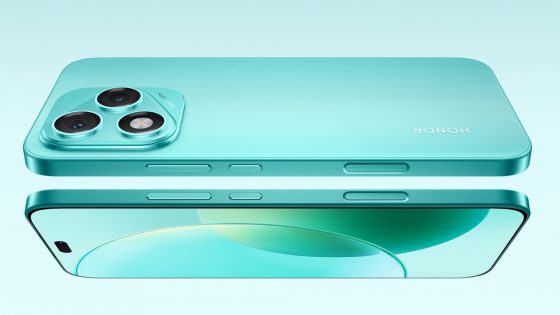What to do if your phone falls into water?
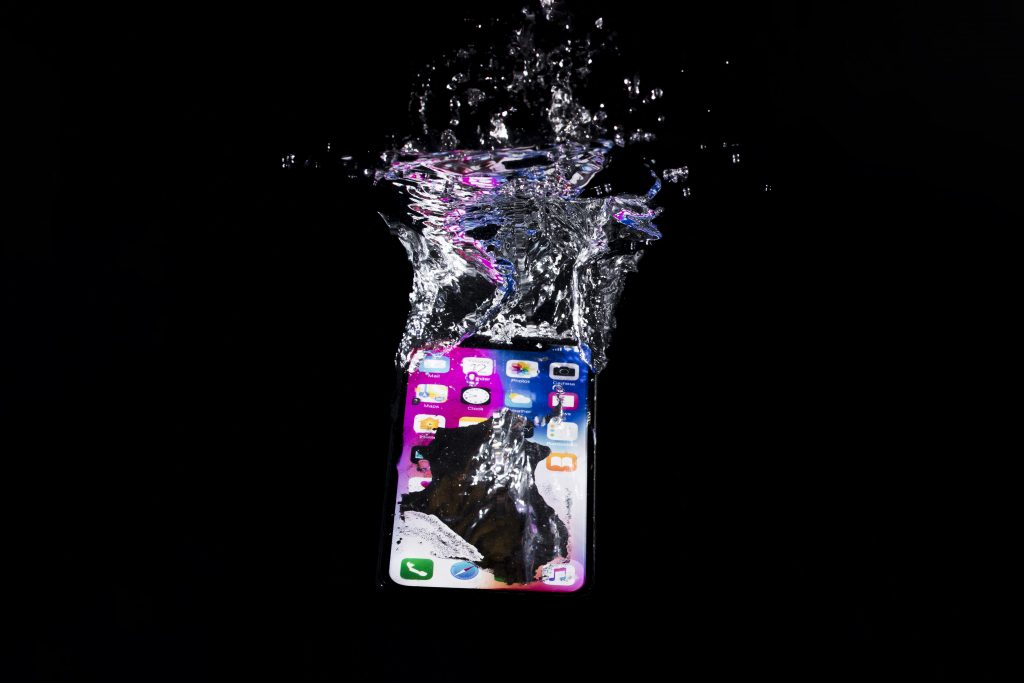
If you've been careless, or through a web of unfortunate coincidences, you've only been able to silently watch your phone fall into a swimming pool, sink, or shell in slow motion, you've immediately asked yourself "is this the end of my sinfully expensive Galaxy S24 Ultra?"
Not necessarily, especially if you react correctly. That being said, put the rice back in the cupboard. We know that rice has become the alpha and omega over the years when it comes to repairing wet phones, but there is more evidence that rice actually has no effect and that the phone was simply lucky that corrosion did not attack the key components (chip, battery, screen...).
Instead of rice, we will use proven methods and, above all, keep the blood calm. In a panic, we can only further damage our device. So before you start, take a deep breath, put this article in front of you, and follow the instructions.
Do not light it at all!
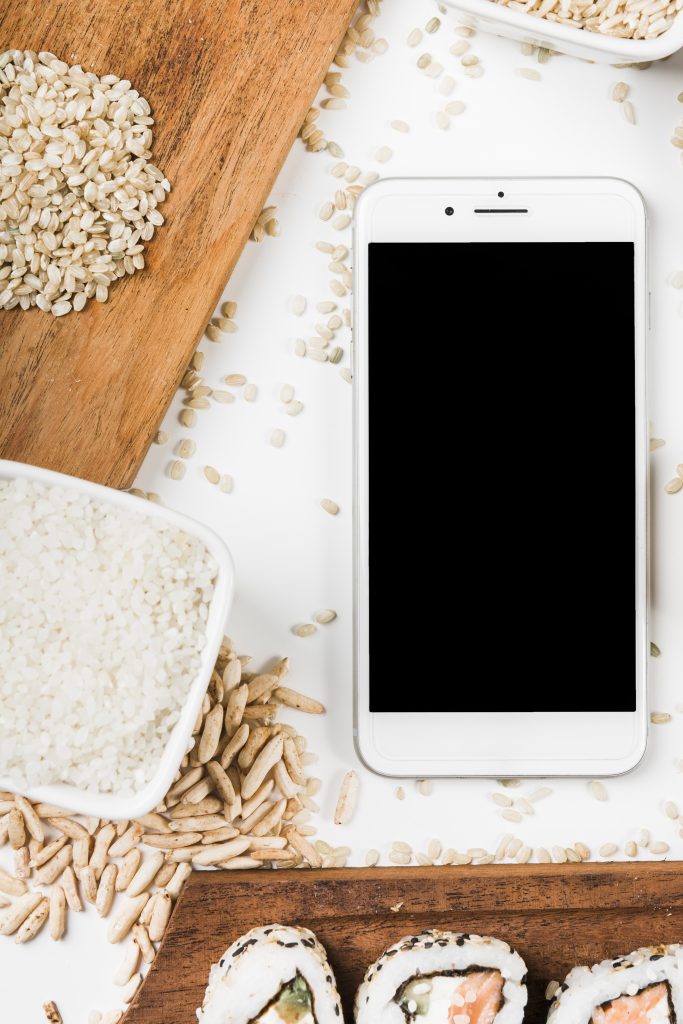
The first step is to leave your phone turned off, or turn it off if it survived the dive with it turned on. Ignore the urge to make sure the phone is working. If you turn on the phone, the electric current can only further damage the sensitive circuits. Do not under any circumstances start charging the phone, either wired or via a wireless station.
The best thing to do in this case is to dry the phone. Since today's phones are not that susceptible to being opened, the most the average user can do is open the SIM card slot and leave the phone in the air. How long? As long as possible, but at least 24 hours. It would be best if you could remove the back cover, disconnect the battery and clean the components with at least 90-% alcohol. This is the only way to prevent corrosion from destroying the main components.
But we understand that this is not something that everyone would dare to do. In the case of phones that have a certain water resistance rating (IP68, IP67...), access to the components is even more difficult. When you remove the back cover, you will immediately notice the seals that may need to be replaced.
You might be wondering if this is even necessary with “waterproof” phones. Different IP ratings mean that the phone is resistant to water damage up to a certain depth and time, for example one and a half meters for 30 minutes. The seals that ensure this resistance, however, deteriorate with use and over the years. For example, if you own a Galaxy S21 Ultra that has an IP68 rating, those seals may have weakened over the last three years of use to the point that water can cause the same damage as a phone without that rating.
While opening the phone, removing the SIM and microSD card, be careful not to shake the phone unnecessarily. Vibrations and tilts could spread water to other, undamaged areas.
What else should you not do?
- Do not push tissues, towels, ear buds, tea towels into the USB port or other openings.
- We have come across cases where users wanted to dry the phone with a hair dryer. Don't do that at all.
That being said, the best thing you can do is turn the phone off, allow it to air dry, or help it out by opening it up, cleaning it with a suitable alcohol solution, and waiting enough time for the phone to dry completely. Only then turn it on, keep your fingers crossed that everything is in order and monitor it for any errors.
Better yet, take your phone to the nearest service center immediately, where they have much more experience with wet phones. They will immediately notice if corrosion has done permanent damage to the battery, chip or motherboard. In this case, the only solution is to replace the components, but it will probably make more financial sense to buy a new phone.
In fact, I would recommend a visit to the service in the first place to anyone who is not ready to open the phone.
Only rare phones and tablets today have the option of easy opening. Recently, we've only tested one device – the Galaxy Tab Active5 – that allowed us to open it up like the old days and easily remove the battery. Everywhere else, the process is more difficult, but not impossible.
How can you check that everything is fine with your phone?
Just as we can run software for testing components (processor, graphics card, SSD drive...) on a computer, we can do the same on a phone, sometimes even with the same applications.
Why would you even want to do that? These kinds of tests (English benchmarks) put the main components before their worst challenge. In this way, you can monitor how they behave under the most severe loads and perhaps discover a fault.
You can use Geekbench 6, 3DMark and PCMark to test the processor. 3DMark has an additional tool for the worst stress tests (Wild Life Extreme Stress Test), where you're most likely to notice if the phone overheats alarmingly after being submerged in water, or if it doesn't even pass a test that other phones pass easily.
You can monitor battery health using the AccuBattery app and similar apps found in the Google Store. It is important to discharge and charge the phone at least a few times so that the program can show you the most realistic state of the battery.
You can test the drive using the AnTuTu app, which can also be used to test the overall performance of the phone. It is not available on the Google Store, so you will have to download it from their official website.
Xiaomi phones give you access to a special CIT system (four-click on the kernel version in settings) where you can test every single component, from the vibration motor, the display to the speakers and the fingerprint. For other developers, we do not have information on whether they allow something similar, or we did not notice such systems ourselves during testing.
Cover photo: Image by freepik





